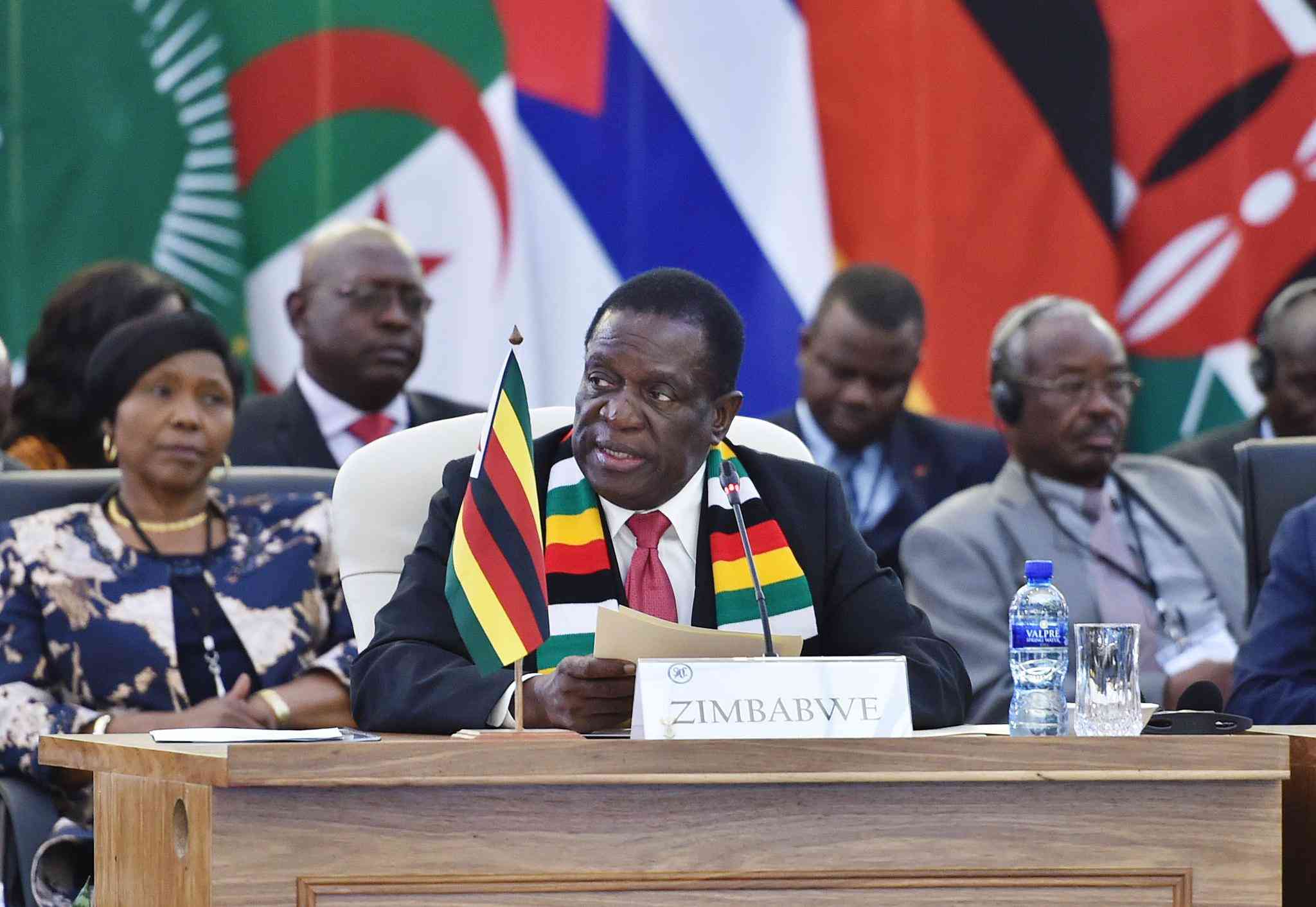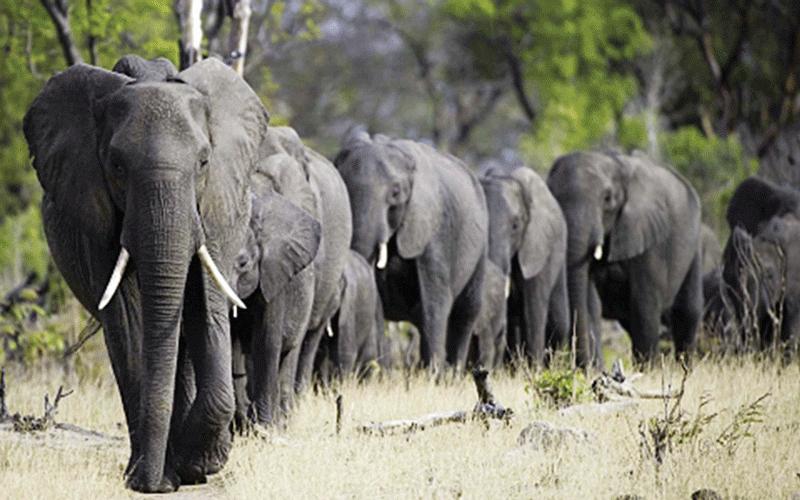
For decades now, the drive for change championed by the opposition movements and pro-democracy organisations in the country has suffered stillbirths mainly because it has been clouded by insatiable egos.
Opposition political parties that have worked in this space before, despite having brilliant blueprints, have roundly failed to dislodge the ruling Zanu PF, although evidence of its failure shows whichever direction you look within our borders.
While all this is happening, the economic rot, which has subsequently led to the dereliction of social fabrics in many families across the country, continues to take its toll unabated.
The government persistently remains restrictive by, inter alia, shrinking the democratic space and silencing dissent through wanton arrests of those perceived as anti-Zanu PF.
Ironically, despite the ruling party’s heavy-handedness, the economy has remained subdued in the intensive care unit for more than two decades now without any sign of hope for recovery. The restive population is at the receiving end of this mayhem — economically and politically.
War veteran and former Zanu PF central committee member Blessed "Bombshell" Geza's current struggle, almost single-handedly, might also not achieve its objective, owing to the opaqueness of his strategy. He dismally fails to specify what he envisions post-President Emmerson Mnangagwa’s departure and how economic and political turn around will be achieved.
Geza, who has been put on the police wanted list, has accused Mnangagwa of corruption and being controlled by a clique for whom he signs deals that benefit them at the expense of the country.
The acrimony followed Mnangagwa loyalists’ call for the extension, however, controversial, of the President’s term beyond 2028 when his constitutionally-mandated second and final term is expected to end.
- Mavhunga puts DeMbare into Chibuku quarterfinals
- Bulls to charge into Zimbabwe gold stocks
- Ndiraya concerned as goals dry up
- Letters: How solar power is transforming African farms
Keep Reading
Geza’s allegations, which raise serious concerns of State capture, have ignited fierce debate within and outside Zimbabwe while reopening the ugly crevices Zimbabwe’s factional politics has always caused.
This has been the major undoing of his predecessors — individuals, groups as well as political formations.
The best the opposition has done has been the late Morgan Tsvangirai's March 2008 electoral showing, which forced then president, the late Robert Mugabe, into a Government of National Unity (GNU) that was brokered by regional bloc, Southern African Development Community, led by former South African president Thabo Mbeki.
We have had, soon after the life of the GNU, Pastor Evan Mawarire's #ThisFlag, which had citizens coalescing around him in a show of disapproval of the status quo.
There was also Tajamuka/Sesjikile and the National Electoral Reform Agenda, among others, which were bent on forcing the government to end repression, improve public services and demand change post-GNU.
Attempts at a united opposition, which gave birth to the then Tsvangirai-led MDC Alliance, failed to push Zanu PF out in the 2018 general elections. Inflated egos led to the fielding of double candidates in over a dozen constituencies, thereby gifting Zanu PF the parliamentary seats the party badly needed.
Opposition leaders must put their egos and exaggerated self-worth aside and start thinking of the ordinary citizens in whose corner they claim to be fighting.
This is not a time for political grandstanding; the focus must be on alleviating the suffering of the people. The country is in the middle of economic throes resulting from institutionalised corruption and myriad governance shortcomings.
Failed domestic currencies have not been able to revive citizens' confidence in the financial services sector since it was swept away during the hyperinflationary period of 2008/9. The same government that has lost public trust and confidence is superintending over an economy it deliberately pushed into reliance on life support.
This is the same government that citizens pay many taxes to but has not cared a hoot about the dying health delivery system and an education system that is inadvertently informalising while claiming to be doing the opposite.
As part of the opposition movement, we at the Democratic Official Party have tried to proffer alternatives, as well as other policy directions, but because there is no clear channel on how these can be considered, our ideas have never reached their intended destination.
The Political Actors Dialogue — a grouping of politicians who contested the presidency in 2018 failed dismally, although many had already doubted its effectiveness after it became another political talk show.
Internecine Zanu PF factional wars threaten to derail national progress as energy and resources are directed towards trivial conflicts that have nothing to do with the country's future and fortunes.
The ruling party’s obsession with power retention that began during Mugabe’s reign has led to political instability, breeding dire economic and social crises in the process.
This mould of divisive politics, cronyism and nepotism was championed by Mugabe and has been perfected by Mnangagwa, who is presiding over a shocking lack of transparency and accountability — key ingredients of good governance.
Unemployment has birthed many other ills and shortcomings on the nation, such as drug and substance abuse, with idle youths resorting to these as escape routes from daily challenges.
Zimbabwe is our country and we should all work towards the upliftment of the lives of the general population.
Revival of industry remains a major priority and the government should quickly consider suggestions and recommendations from other quarters.
- Wilson is the founder and president of the Democratic Official Party.










